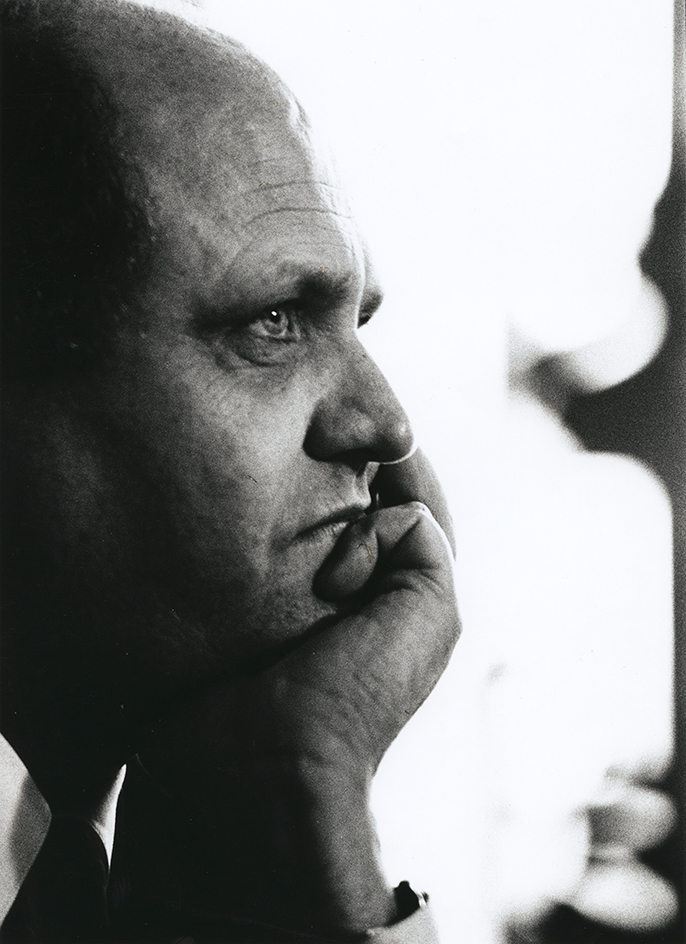Moore, Mike (1949-2020), was a politician who served as the prime minister of New Zealand briefly in 1990. He was a member of New Zealand’s Parliament for nearly 25 years and became known for promoting international trade. Later in his career, Moore served as director-general of the World Trade Organization (WTO). The WTO is an international organization that seeks to expand world trade and promote ongoing economic development. See World Trade Organization .
Early life and family.
Michael Kenneth Moore was born in Whakatane, New Zealand, on Jan. 28, 1949. He attended Bay of Islands College in Kawakawa, in New Zealand’s Northland Region, but did not graduate. He worked as a manual laborer, social worker, and trade union researcher. He married Yvonne Dereany, who later became a television personality, on July 13, 1975.
New Zealand politics.
In November 1972, Moore was elected to New Zealand’s Parliament. A member of the Labour Party, he represented Eden, an electoral district in Auckland. Eden has since been merged into the Epsom electorate (voting district). 
Moore lost his seat in Parliament in a 1975 general election, during which Robert David Muldoon’s National Party swept to power. Moore was reelected to Parliament in 1978, representing Papanui. Papanui was an electoral district in Christchurch that was reorganized and renamed Christchurch North in 1984 and Waimakariri in 1996.
The Labour Party came to power after a 1984 general election. Moore was then appointed minister of overseas trade and marketing; minister of tourism, sport, and recreation; and minister in charge of publicity. He was also appointed chairman of the Cabinet Economic Development and Employment Committee. As minister of overseas trade and marketing, Moore promoted trade with other countries in the Pacific region.
Moore also played a key role in launching the Uruguay Round of the General Agreement on Tariffs and Trade (GATT) negotiations. The GATT is a treaty that seeks to promote international trade. The Uruguay Round, which began in Uruguay in 1986 and ended in 1994, brought about the creation of the WTO. See General Agreement on Tariffs and Trade (GATT) .
In 1988, Moore became deputy minister of finance and minister of external relations and trade. In 1989, Prime Minister David Lange resigned. Lange was replaced as head of Labour and as prime minister by his deputy, Geoffrey Palmer. Palmer resigned those positions on Sept. 4, 1990, and Labour chose Moore to replace him. Moore’s time as prime minister was brief, however. The National Party defeated Labour in general elections on October 27, and Jim Bolger became prime minister. Moore remained head of the Labour Party.
After Labour failed to regain control from the National Party in the 1993 general election, Helen Clark replaced Moore as party leader. From 1993 until his retirement from Parliament in August 1999, Moore served as the opposition spokesperson on foreign affairs and overseas trade.
Later career.
On July 22, 1999, Moore was elected to serve as director-general of the WTO. His term began on Sept. 1, 1999, and ended on Aug. 31, 2002. Moore received a number of international awards for his work in international trade. The awards include the Order of New Zealand and the Medal of the Oriental Republic of Uruguay, which are the highest national honors awarded in those countries. Moore wrote a number of books on international affairs and trade. His works include A Brief History of the Future (1998) and A World Without Walls (2003). Moore died in Auckland on Feb. 2, 2020.
